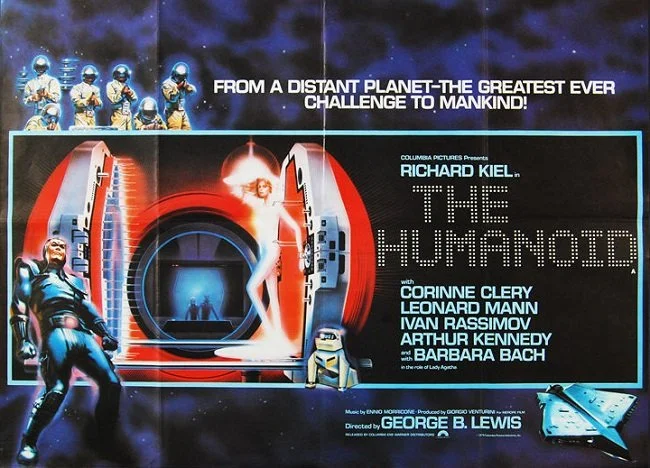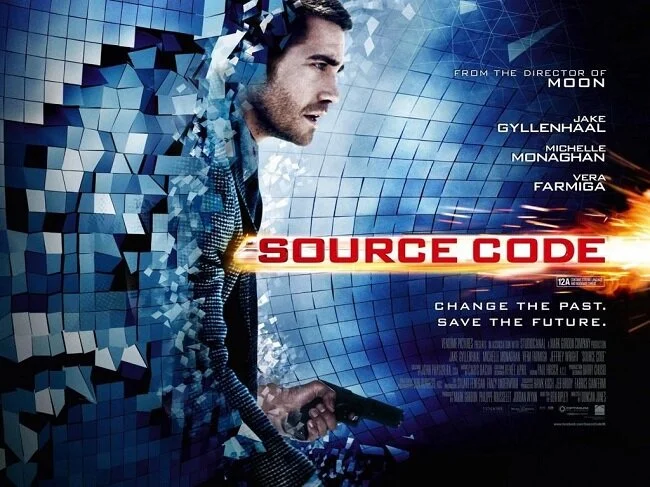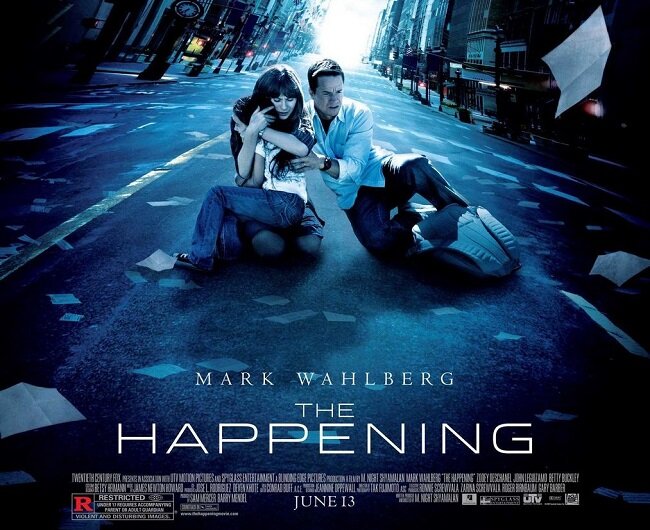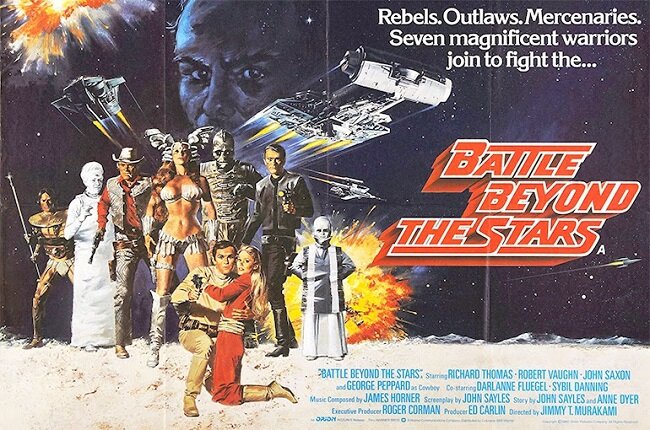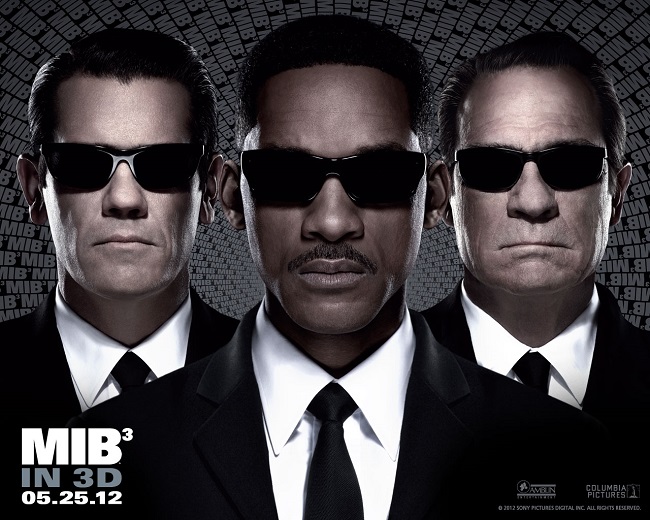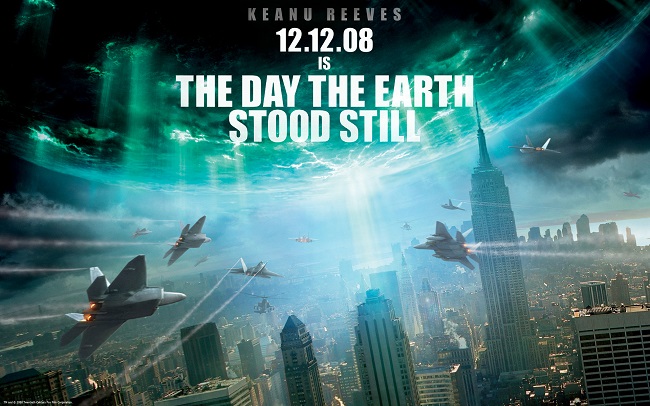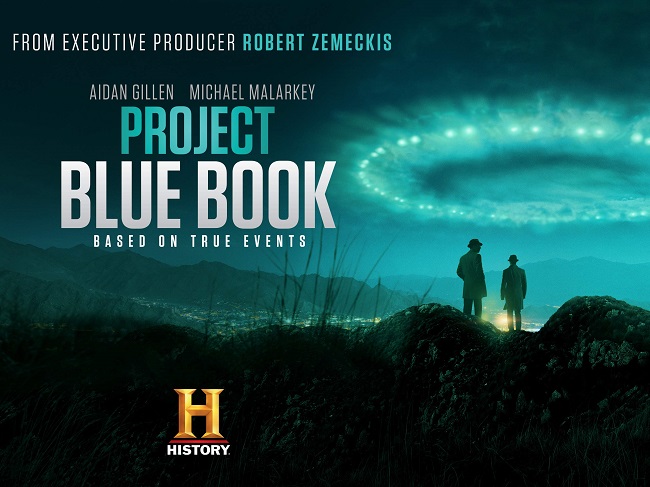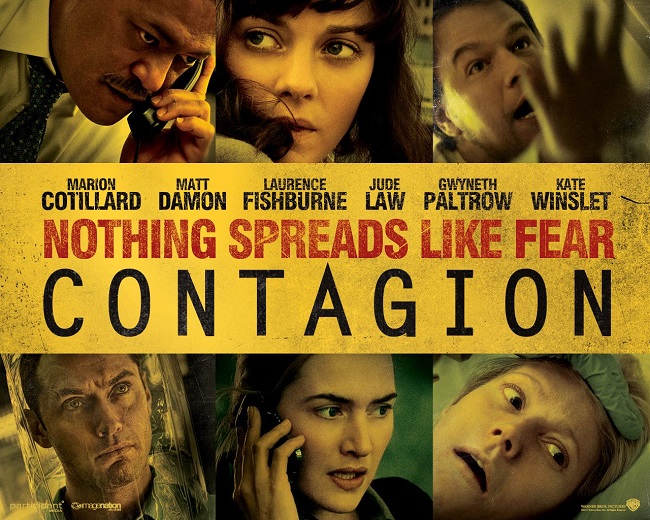Finch (2021)
On paper Finch has little originality. The moment I read the plot synopsis and saw the first trailer I instantly thought of other such films as Silent Running, Short Circuit and Chappie. However, irrespective of its derivative concept and the fact it channels many of the major tropes of the genre, it does have three cards to play. Namely strong performances by Tom Hanks, Caleb Landry Jones and canine actor Seamus. Although not a genre milestone, Finch is a curiously pleasant post apocalyptic road movie. Despite travelling through the sun bleached vistas of a ravaged America, the story focuses on the three protagonists and their relationship. It is no small feat to find genuine sentiment in such a harsh environment and indeed in such a genre but Finch proves to be an engaging emotional journey. Once again the most effective explorations of the human condition are often through characters who are conspicuously not.
After a solar flare has destroyed the ozone layer, the planet Earth is a largely-uninhabitable wasteland scorched by ultraviolet radiation and subject to extreme weather events. Robotics engineer Finch Weinberg (Tom Hanks), lives with his dog Goodyear and a drone-robot Dewey in an underground laboratory in St. Louis. Whenever he ventures outside to search for supplies he is forced to wear an environment suit. Dying of radiation sickness, Finch builds an advanced humanoid robot to take care of his dog Goodyear once he dies. When a massive storm approaches St. Louis and threatens their safety, Finch, Jeff (as the robot name’s itself) Goodyear and Dewey head for San Francisco in a campervan. Due to their hasty departure, Jeff has only assimilated 72 percent of the data uploaded to him, leaving him with the mental capacity of a child. Despite his deteriorating health, Finch tries to teach Jeff about life and how to protect Goodyear. He also emphasises the dangers of the world that they live in.
Finch has solid production values and presents a credible vision of a world blighted by climate change. The CGI FX are at times understated, focusing on extreme weather and sun baked environments. Jo Willems cinematography and is both sweeping when dealing with the landscape and intimate when focusing on Finch and Jeff’s relationship. The screenplay by Craig Luck and Ivor Powell alludes to numerous big ideas and themes and is intelligent in subtle ways. The storm that drives Finch and his companions from his home is scheduled to last 40 days; a suitably biblical period of time. Yet despite the scope of the setting, Finch is content to think small in so far as characters and motivation. This is a story of a man with his own Father issues, struggling to become one himself. At the heart of the film is the perennial notion that when we come close to losing our own humanity, we find it again from the most unlikely sources. Performances are spot on and Hanks manages to smooth out some of the screenplays rough edges by the sheer weight of his on screen personality .
Some critics have focused upon what they see is a lack of jeopardy in the story. The fundamentals of survival are not focused upon as an ongoing problem. Food, water and power are not used to incur a sense of threat for the sake of the plot. The one encounter with humans is kept remote and we never directly see them. We hear their movement and finally they manifest themselves as the drivers of a car pursuing Finch. The film prefers to dwell on Finch’s fear of his fellow man, rather than the direct danger of his pursuers. The only time we get a wider understanding of man’s inhumanity to man is during a flashback sequence and that is mitigated to a degree by the idea that people do terrible things when hungry. What I believe that some reviews have overlooked is the fact that Jeff and Goodyear will be left alone when Finch dies and that is the central narrative source of concern.
I have no problems with sentiment in films if it is handled well. Too often it is not and US cinema has a penchant for mawkish, contrived, button pushing pathos rather than the more difficult, organically generated type. Fortunately director Miguel Sapochnik manages to avoid such pitfalls and when emotions come to a head, they are sincere and heartwarming. It makes a change to see the depiction of an artificial lifeform as an eager and curious child, as opposed to a psychotic killer or minor deity sent to save us. Overall, Finch is quite a satisfying post apocalyptic adventure, driven by characters and performances, rather than action and spectacle. Although it draws upon many familiar ideas, it still manages to provide an entertaining two hours and ends on a suitably upbeat note. It may also serve as a suitable starting point for viewers seeking similar genre offerings.




